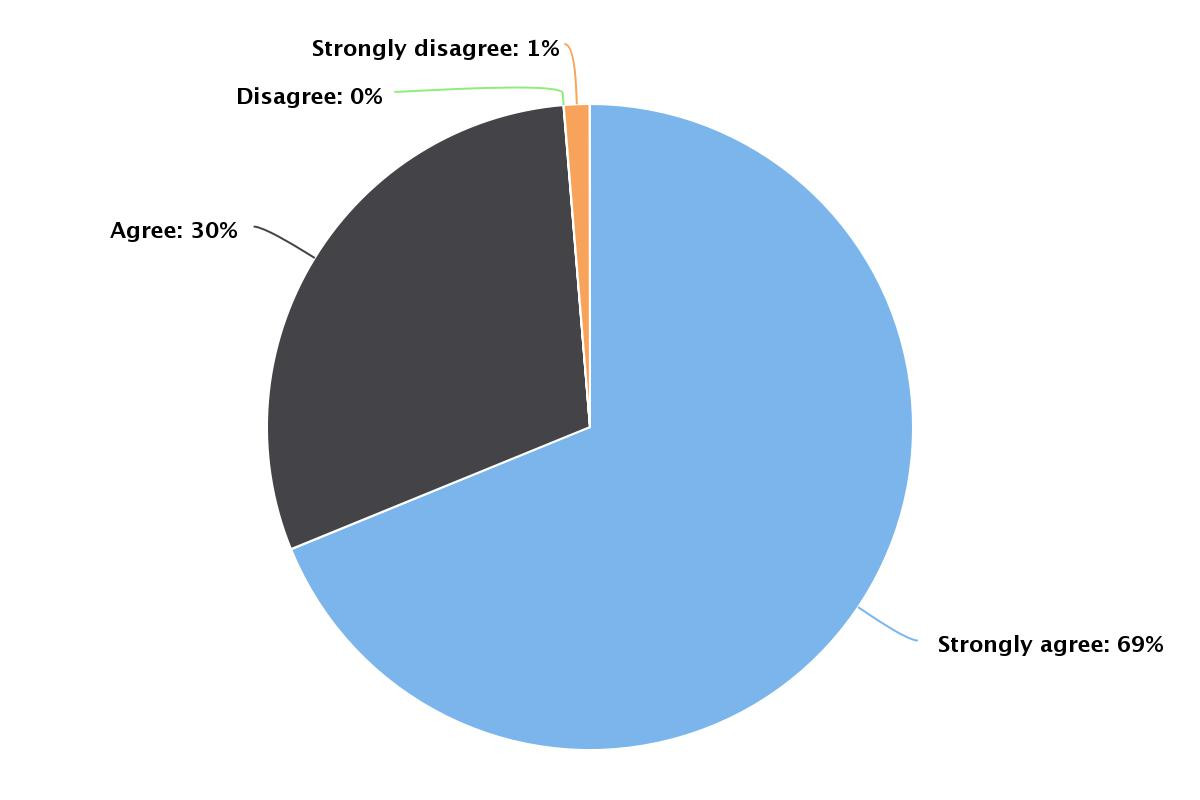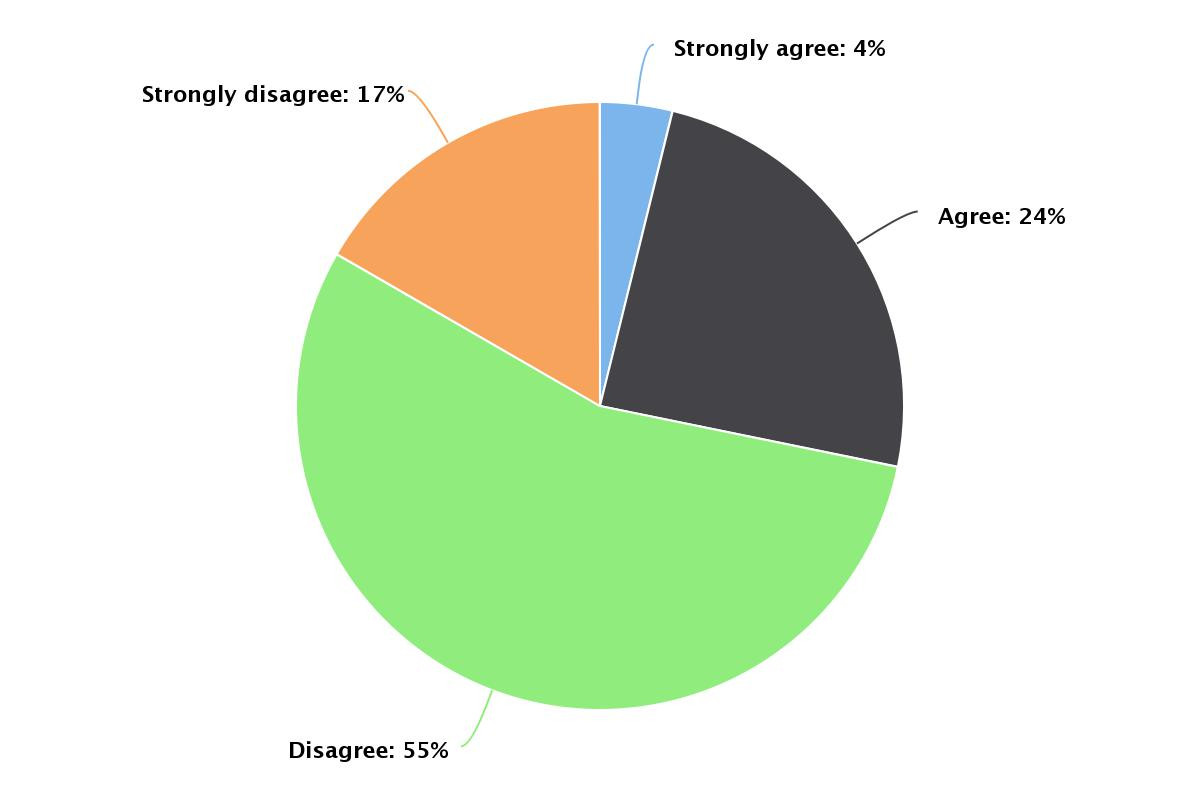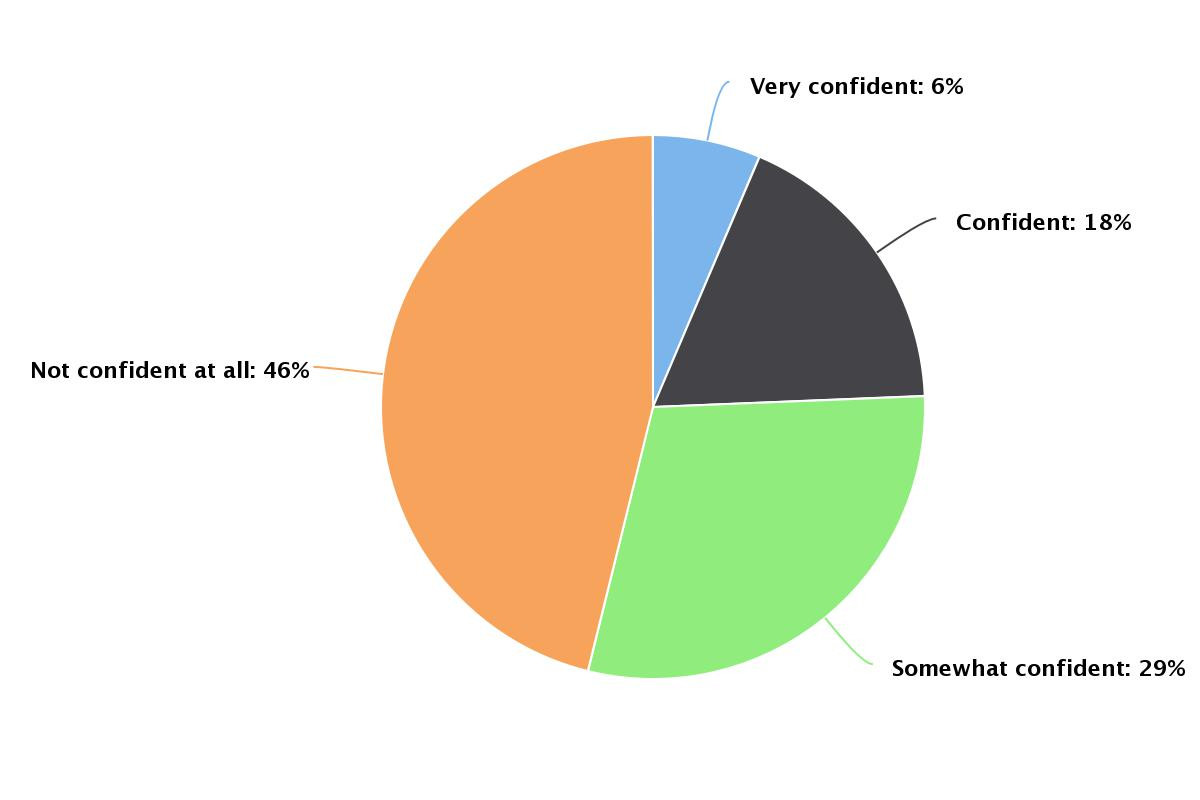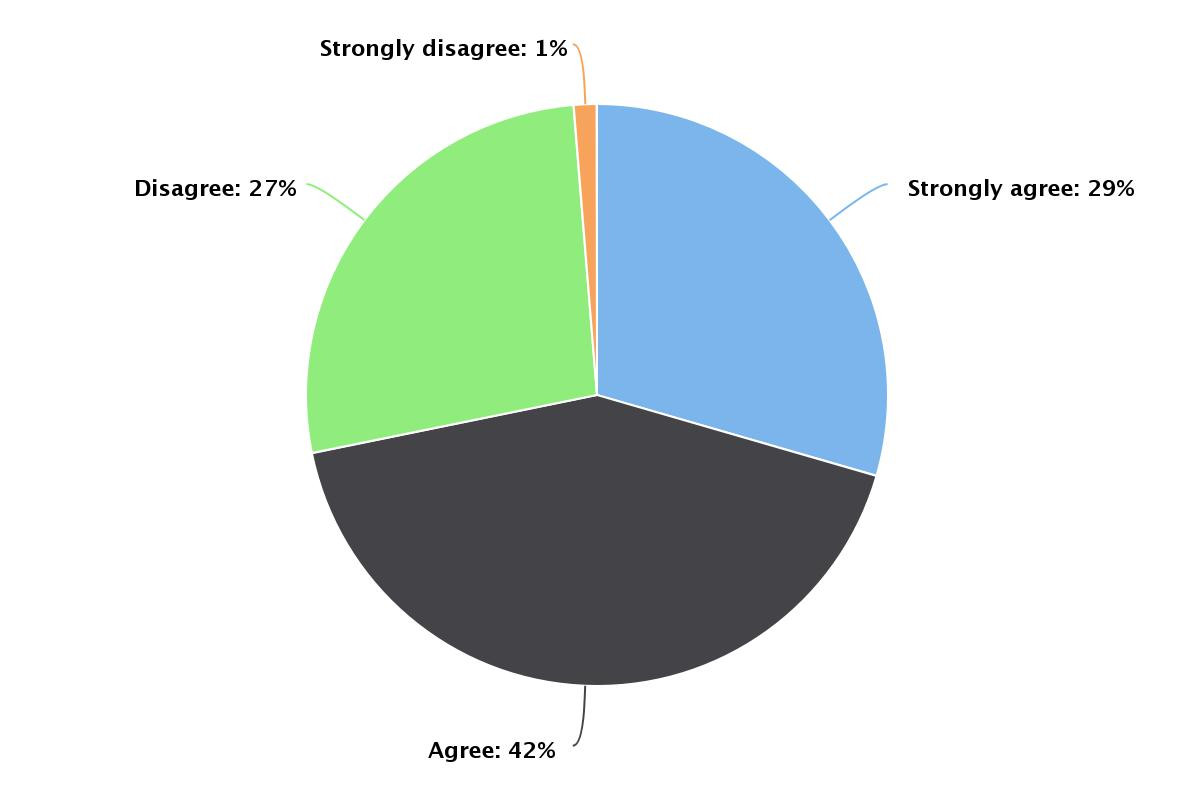From all of us at Sachs Sax Caplan, P.L., we want to wish you and your family a safe and very Happy New Year!


The extra security can be worth its weight in gold Construction projects are often difficult. Many different considerations need to be reviewed by board members, which often result in complicated business negotiations. One crucial consideration for board members is the fact that you are using other people’s money for the project being contemplated by the association or country club. Unlike when you are doing a project for your own private home or property, when doing a project for an entity, it is vital for board members to put in place contractual protections for the benefit of the project and the money being spent for the benefit of the members. Performance and payment bonds on construction projects provide an additional layer of protection for the benefit of the organization and its members. As such, they are regularly recommended by counsel representing community associations or country clubs. These bonds come in two parts (1) a performance bond which protects against non-performance of the contract requirements by the contractor, and (2) a payment bond which protects in the event payment is made by the entity to the contractor and the contractor fails to pay its subcontractors or suppliers on the project. In Florida, there are two versions of a payment bond, (1) an unconditional payment bond and (2) a conditional payment bond. An unconditional payment bond has the effect of removing the lien rights from the real property and placing any non-payment claims against the payment bond issued by the bond surety. With an unconditional payment bond, if there is any dispute regarding payment to a subcontractor, the bond surety will likely immediately step in and protect the association or club by making payment to the claimant. However, with a conditional payment bond, the surety’s obligation under such bond is only triggered after payment is made on the applicable invoice or payment application requested by the contractor. This may become problematic if the association or club has exercised its contractual right to withhold payment for some reason, such as defective work. As such, unconditional payment bonds are the preferred type of payment bond due...
Palm Beach Town Council to Consider Tougher Inspection Program for Buildings After Surfside Disaster
Palm Beach may tighten inspection requirements to ensure high-rise buildings are safe in the wake of the Surfside condominium collapse. Zoning Director Wayne Bergman has drafted a building recertification proposal expected to come before the Town Council in January. Bergman outlined the draft in November at a building structure safety seminar co-sponsored by the Palm Beach Civic Association and Citizens’ Association of Palm Beach. About 50 people, primarily residential building managers or board members, attended the event at the South Fire Station. On June 24, the Champlain Towers South, a 12-story residential building in Miami’s Surfside neighborhood, partially collapsed, killing 98 people and injuring others. Bergman was part of a 40-member Palm Beach County task force formed to examine building safety measures after the Surfside disaster. But the county in October decided to hold off on creating its program to regularly inspect high-rise buildings, deferring instead to state lawmakers who will meet in January. Miami-Dade and Broward counties require examinations of buildings when they turn 40 years old. After that, it’s every 10 years. But Palm Beach County doesn’t. Bergman says that the City of Boca Raton is the only municipality in Palm Beach County that has adopted an inspection program in response to the Surfside disaster. Boca Raton is requiring high-rise buildings to be inspected at 30 years of age. Bergman, who is also the town’s building official, is proposing that Palm Beach implement a building safety inspection and recertification program for all “threshold” buildings after they have turned 25 years old. Threshold buildings would be defined as those greater than three stories or 50 feet in height. Bergman recommends the 25-year threshold for Palm Beach because of the proximity to the ocean environment. Saltwater intrusion degrades rebar, which is the steel bar or mesh used to reinforce concrete or masonry. He says that staffing would be needed to administer the program if the council approves the plan. The town would need to hire a structural engineer to assist with town reviews of the building safety reports. Ordinances would have to be amended to implement the program, establish fines for...




A mandated reinspection program for aging condos and high-rises in Palm Beach County is an absolute necessity, a vast majority of county influencers surveyed by Palm Beach Poll agreed, and it might have the best chances of success in the hands of local governments. The June 24 collapse of Champlain Towers South in the Miami-Dade County town of Surfside sparked a national reckoning by local governments over the need for timely inspection programs for aging buildings. Five months later, the city of Boca Raton remains the only municipality in Palm Beach County to enact a reinspection program. Highland Beach is considering a similar program for its town. Reacting to the tragedy that killed 98 people, the Palm Beach County Commission enlisted the local municipal league to come up with countywide inspection rules. Miami-Dade and Broward are the only two counties in Florida that require regular inspections of aging high rises. In light of the fatal condo collapse in Surfside, Fla., (Miami-Dade County) in August, do you think such a program in Palm Beach County is necessary? But in October, commissioners decided to delay any mandates and wait to see what the Florida state legislature comes up with within its session next year. The thinking was that new state rules would supersede local measures. “I don’t want our residents to think that if we take it slow in implementing a grandiose scheme for having reinspections and recertifications that we’re going to be doing anything to put their lives in jeopardy,” county Commissioner Robert Weinroth, who was named county mayor in November, said in October. “I don’t want to see us put a system in place that is going to be so cumbersome that it’s going to miss the mark,” he said. Weinroth’s district includes the county’s barrier islands from South Palm Beach to Boca Raton. Those communities have 300 condos that were built before 1990, according to research by The Coastal Star, a newspaper that covers those communities. But nearly 75 percent of the 297 influencers who participated in the November Palm Beach Power Poll, felt the county commission should have done...
Q. “I’m a yoga teacher in South Florida. I found out that a student who had been in one of my classes came down with COVID-19. The student with COVID told the yoga studio owner, but the owner did not tell me or anyone who was in that class. Was there a legal obligation for the studio owner to share this information with me or the people in the class? I feel like we all should have been told so we would know to get tested.” — Concerned instructor A. “There’s no legal requirement. It’s more of a moral responsibility,” said attorney Peter Sachs, a founding partner and chairman emeritus of the law firm Sachs Sax Caplan in Boca Raton. “The yoga studio owner has an obligation to maintain a safe environment for her customers,” Sachs said. “In my opinion, this responsibility would include an obligation to notify the other students in the class that one of the students (name should remain confidential) they participated in class with had come down with a contagious disease such as COVID-19. The yoga studio owner breached that duty by withholding this information either intentionally or negligently.” There might have been a legal remedy if the teacher contracted COVID-19 from the student in her class, Sachs said. “There is no remedy for simply not notifying her,” Sachs said. “Her option without anything else would be to stop doing business with that studio.” Questions appeared in the Sun-Sentinel
On November 4, 2021, the U.S. Department of Labor’s Occupational Safety and Health Administration (“OSHA”) issued an Emergency Temporary Standard (“ETS”) aimed at protecting workers from coronavirus. OSHA indicates that this guidance will increase protections for more than 84 million private-sector workers. The ETS covers employers with 100 or more employees-firm or companywide- and provides options for compliance. So, this is likely to affect many Country Clubs, as Country Clubs often employ their own staff as opposed to hiring a staffing or management company. It may also impact large condominium or homeowners associations if they directly employ 100 or more people or if their management company does and the association has an indemnity obligation in the management agreement. The ETS, which is set to go into effect on November 5, 2021, requires covered employers to do the following: Survey the workforce and determine the vaccination status of each employee, which includes obtaining acceptable proof of vaccination status from those staff that is vaccinated.Create a protocol for testing for unvaccinated employees, which requires testing for COVID-19 to occur at least weekly.Require that employees who are not fully vaccinated to wear facial coverings when indoors or in a vehicle with another person.Require employees to provide prompt notice of a positive COVID-19 test, and immediately remove that employee from the workplace, regardless of vaccination status, until they meet certain negative testing criteria. In essence, the ETS requires all employees of covered employers to become fully vaccinated or else be required to submit to weekly testing. The ETS requires covered employers to provide paid leave for employees to get vaccinated (up to four hours) and an unspecified amount of paid sick leave for employees to recover from the side effects of the vaccine. The ETS does not require covered employers to pay for the vaccine itself. For those employees who choose not to be vaccinated but instead submit to weekly testing, the expense of testing is borne by the employee, not the employer. The ETS also does not apply to those employees who work exclusively outside, remotely from their homes, or in workplaces with no...
We often get phone calls from officers and board members of condominium and homeowners’ associations who feel they have been criticized unfairly by unit owners. Sometimes, they insist on taking legal action to put a stop to the most unfair or mean-spirited of the attacks. These calls are as varied as the condominium and homeowners’ associations in Florida. Sometimes the caller has an extremely serious concern; sometimes, not so much. The first discussion between and lawyer and a client in this situation is the possible application of defamation law to counterattack against the critic. Defamation includes two types of legal claims: Libel, for written defamation, and slander, for spoken defamation. In modern law, there is not much difference between the two except that one is spoken and one is written, but the terms linger in the law from its ancestry. Whether the words are actionable as a defamation depends on the words used and the context in which they are used. On this topic, my bookshelves are filled with multi-volume treatises, and in my practice, I cite to scores of Supreme Court decisions of thousands of pages. To be clear, in this blog, I am going to discuss only one tiny piece of this vast body of law. Pubic-spirited people who offer themselves up as volunteers to serve on community associations naturally tend to feel they are in the private sector and are not “politicians” or “officials.” True as that may be, it is also true that by stepping up to a leadership role in their community, they voluntarily submit to a certain amount of public scrutiny. At least, they do so to the limited extent of their control over matters of interest to the residents they serve, especially the collection and expenditure of the association’s money. They have surrendered some of their obscurity and anonymity and accepted a limited “public figure” status. They have given other people a constitutional right under the free speech clause of the First Amendment to criticize their performance publicly. Thus, to some extent, when it comes to defamation law, they are analogous to a local...
The consequences of the tragic Champlain South Tower collapse in Surfside, Florida continue to be felt for many condominium associations and unit owners within the thousands of condominium and cooperative communities throughout Florida. For many older condominium and cooperative buildings in Florida and for those that expect significant expenses for deferred maintenance or which may have large special assessments anticipated or already in place, borrowing money to purchase units in these buildings is likely to become much more difficult. On October 13, 2021, Federal National Mortgage Association (“Fannie Mae”) issued Lender Letter (LL-2021-14), titled Temporary Requirements for Condo and Co-op Projects, imposing new “temporary” rules and restrictions pertaining to Fannie Mae’s purchase of loans from primary lenders on the secondary market. For the most part, these new requirements go into effect on January 1, 2022. The details and complexities of the secondary mortgage market are beyond the scope of this column. However, suffice it to say that without assurances that the mortgages backing the loans given by primary lenders (banks, credit unions, etc.) will be purchased on the secondary market (particularly by Fannie Mae), most primary lenders will not be financing home purchases. Under the new requirements, any loans that are secured by units with “significant deferred maintenance” or buildings that have received a directive from a regulatory authority or an inspection agency to make repairs due to unsafe conditions are not eligible for purchase by Fannie Mae and will remain ineligible until the required repairs have been completed. Further, any loans for units in buildings that have failed to pass local regulatory inspections or recertifications are, similarly, ineligible for purchase (e.g., the “40-year recertifications” required in Broward and Miami-Dade counties, and, recently, the 30-year recertification in the City of Boca Raton). Under the new requirements, “significant deferred maintenance” may mean any of the following: 1) full or partial evacuation of the building to complete repairs is required for more than seven days or an unknown period of time (unlikely for most buildings); or2) the building has deficiencies, defects, substantial damage, or deferred maintenance that:a. affect the safety, soundness, structural integrity,...

Under Florida law, a prenuptial agreement is a contract signed between two parties who intend to get married, which defines their respective rights and obligations during the marriage, or at a later time if the marriage is dissolved. Prenuptial agreements can be used to attempt to avoid expensive and lengthy legal battles that sometimes occur when a marriage ends. They can also be used to avoid equitable distribution of their assets by a court during a divorce by instead instructing the court on how assets should be divided between the parties. Prenuptial agreements can address issues such as: Distribution of assetsDivision of propertyPromises made between partiesHow (or whether) each party will be supported after a divorce It should be noted that a prenuptial agreement may not include waivers of provisions regarding parental responsibility, child support, or time-sharing rights. Prenuptial agreements are enforceable in Florida if in writing and if all provisions are met, especially the full disclosure of assets and liabilities to each party. Because it is important to take all necessary steps to ensure the validity of a prenuptial agreement and avoid later claims of fraud or coercion, it is important for each party entering into a prenuptial agreement to have an attorney who can inform them of their rights and prepare or review any proposed agreement. Because prenuptial agreements are often non-modifiable and will not be invalidated simply because they are more favorable to one side than another, it is critical to seek the advice of an experienced attorney before signing a prenuptial agreement. Postnuptial Agreement A postnuptial agreement is similar to a prenuptial agreement, except that parties sign it after they are already married. Postnuptial agreements may be created without anticipation of divorce and are used to set forth the rights of parties during the marriage or in the event of death. They can also be created when a married couple anticipates divorce and wishes to amicably distribute their assets – this type of agreement is also called a separation agreement. As with prenuptial agreements, postnuptial agreements must be in writing and should be reviewed by an experienced...

The Florida Department of Health on Tuesday fined Leon County $3.5 million for its vaccine mandates for county employees. It comes at a time when many businesses are increasingly requiring this for their workers, or get let go. David Smith, a United States Air Force Veteran of Royal Palm Beach, tells CBS12 News it happened to him. “They said get the vaccine card, or nothing,” Smith said inside his home Tuesday evening. Smith, a father of two, completed several tours in Afghanistan in the mid to late 2000s. Yet he faced a tough battle when he said his boss over at a pest control company in Riviera Beach required his over 100 employees to get vaccinated by October 1. According to Smith, he wasn’t given the option to do a COVID [test] every week. The 35-year-year old had COVID-19 months ago and even talked to his doctor about this before making a decision. “They told me there is no added pros to me getting the vaccine, since I already had it. They advised me not to get it,” Smith said. “Ultimately, I believe I was the only one that was let go because of it.” It was a tough decision for Smith after four long years with the company, but he believes in the right to choose. “I really grew into the position I was in and it just came to this one thing. That was such a hard line," Smith said. He was concerned that if somebody at his office was to get it, or one of us got it, that they could come back at him.” The guidance under the U.S. Equal Employment Opportunity Commission confirms employers can require vaccinations, but there are limited exceptions for religious or medical reasons. While vaccine passports are banned in the state of Florida, Palm Beach County attorney Peter Sachs said showing proof, at this time, applies to employees. “If its condition of employment as of the date of certain, the employee would have to show evidence that he got or she got the vaccine,” said attorney Peter Sachs of Sachs Sax & Caplan Law Firm in Boca Raton....

An operating agreement is one of the most important documents you can create in connection with the formation of a limited liability company (LLC). An operating agreement is an agreement between the members of the LLC setting forth the procedures governing the operation and management of the LLC, and setting forth the members’ respective interest in the LLC. (In principle, it accomplishes what a shareholder’s agreement and bylaws does for a corporation, and a partnership agreement for a partnership.) An operating agreement allows the members to: (i) verify their percentage ownership in the LLC, (ii) document their initial capital contributions to the LLC, (iii) determine how profits and losses will be split among the members, (iv) establish voting rights of the members, (v) define the powers and duties of the managers and members, and (vi) provide for restrictions on transfer of membership interests in the LLC. State law provides “default provisions” in case members fail to properly structure the LLC through an operating agreement. These default provisions often provide unexpected results to the members, which may vary significantly from the initial intent and expectations of the members. As a result, the importance of an operating agreement cannot be overstated. An operating agreement will add structure and certainty among the members regarding the operations of the LLC. Depending upon your circumstances, the operating agreement may be drafted to include more advanced provisions such as: (i) different classes of membership interests, (ii) capital calls and mandatory loans, (iii) buy-sell rules, and (iv) deadlock resolution. The creation of an operating agreement for a single-member LLC is just as crucial as in a multi-member LLC. In order to maintain an LLC’s liability protection, the member needs to keep his/her personal affairs separate from the LLC’s affairs (which can sometimes be made more difficult when there is only one member). An operating agreement for a single-member LLC establishes the formality of the LLC and provides an important element of the LLC’s complying with corporate formalities, separate and distinct from its owner. If an LLC ever plans on obtaining a loan, the lender will almost always ask...

As you may be aware, several changes were made to both Chapters 720 and 718, Fla. Stats., in the 2021 legislative session. Among the many changes in Chapter 720, Fla. Stat. was the removal of Rules and Regulations from the definition of “Governing Documents.” Previously, “Governing Documents” were defined in the Homeowners Association Act to include the Declaration of Covenants, Bylaws, Articles of Incorporation and Rules and Regulations. This was very important for many reasons, including the fact that amendments to Governing Documents are required by law to be recorded in the public records. Therefore, for the last several years, we have been advising clients that even changes to the Rules and Regulations are required to be recorded. With this new change in the law, amendments to the Rules and Regulations no longer are required to be recorded in the public records. There is no prohibition from doing so and we sometimes recommend recording changes to the Rules. This puts the world on record notice of the changes in the Rules and Regulations over time. However, the removal of the Rules and Regulations from the definition of “Governing Documents” has some additional consequences. For example, under Section 720.305, Fla. Stat., a homeowners association may levy fines in an amount not to exceed One Hundred ($100.00) Dollars per violation and One Thousand ($1,000.00) Dollars in the aggregate for a continuing violation, unless the “Governing Documents” provide otherwise. The previous years since the Rules and Regulations were included in the definition of Governing Documents, we have been advising clients that they may increase the amounts that can be levied for fines in a homeowners association through Board adopted Rules and Regulations so long as such rules did not conflict with a superior provision in the Declaration, Articles of Incorporation or Bylaws. However, now, since the “Governing Documents” no longer include Rules and Regulations, any such authority to charge fines in a higher amount than the above-referenced thresholds must either be in the Declaration, Articles of Incorporation or Bylaws, and may no longer be contained in the Rules and Regulations. It is important to...
Peter S. Sachs, a Founding Partner and Chairman Emeritus of Sachs Sax Caplan P.L. answers questions regarding how vaccine mandates could potentially impact condo associations. “I live in a senior community. Can I ask employees of the community about their vaccination status? Obviously, we prefer to have vaccinated employees at work here, in the clubhouse, and elsewhere. Is it legal for us to ask or require this of the management company?”— Paul, Boynton Beach “Don’t take this upon yourself; speak to your management company. It would not be appropriate for a resident to inquire of an employee directly regarding vaccination status. It is a private matter. However, the board of the association or community may require the management company to certify that all of its employees on-site will be vaccinated as of a date certain as a matter of policy and contract between the association and the management company. The community at large may then rely upon the certification of their vendor, the management company.” “I have organized a luncheon for leaders of the hospitality industry at a hotel in Fort Lauderdale on Oct. 8. On the official invitation, I added a clause as follows: “COVID-19: For the safety of all attendees, vaccination cards will be required.” There will be no more than 52 attendees due to the capacity of the dining room in the hotel. By asking for vaccination cards, am I facing legal issues because of Gov. Ron DeSantis’s new law? Could the hotel be held liable in addition to myself?” — Ron Stevens, Boca Raton “You can’t ask people for their vaccination cards because of the new Florida law that prevents businesses, schools and government agencies from requiring people to show documentation certifying COVID-19 vaccinations before gaining entry. The only exception is health care facilities. If you require the vaccine card as a condition of entry, you run the risk of being fined $5,000, and the hotel also could face a penalty. The hotel may have exposure. The reader may want to have the event catered at a private home rather than involve the hotel, which likely would have concerns if it knew...

Sachs Sax Caplan, P.L. is proud to be recognized by The Florida Bar for our commitment to hiring and developing Board Certified Attorneys.
